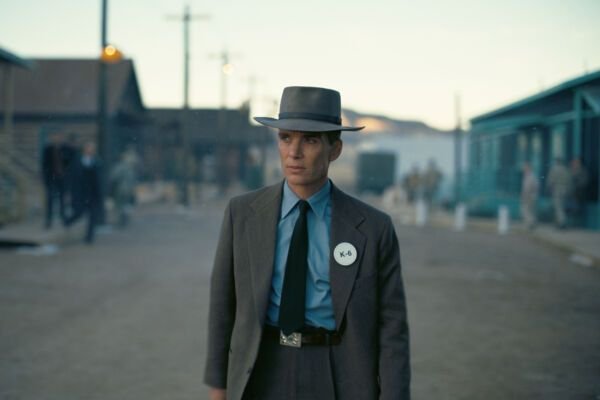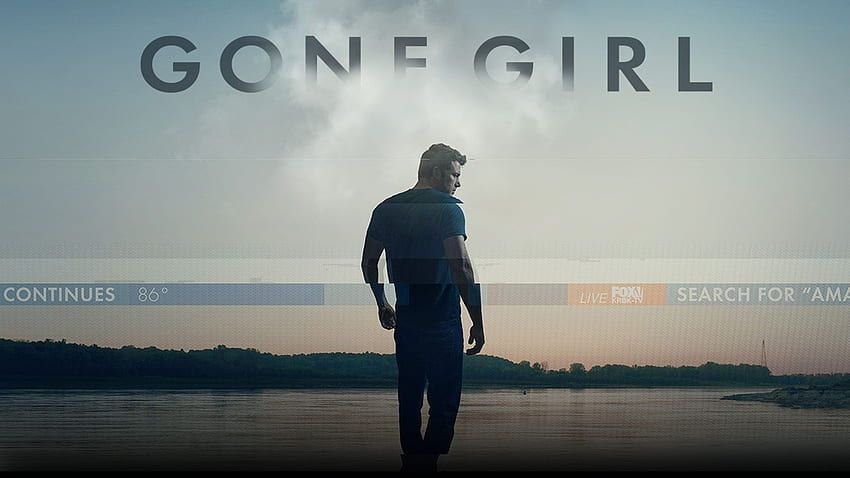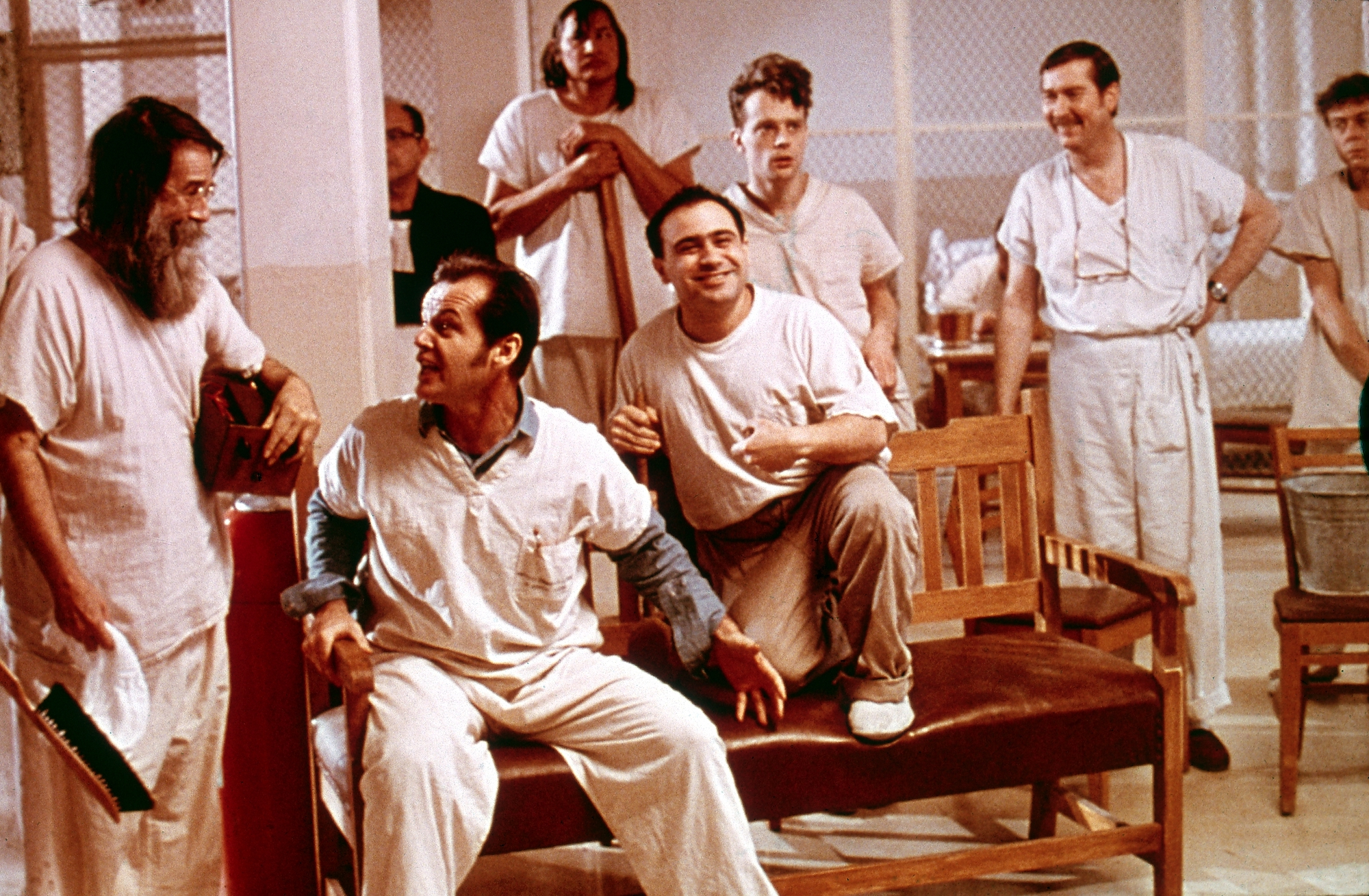Oppenheimer: Nolan`s Perfect Hero

The loudest scene in the film “Oppenheimer” is not by any stretch the explosion of its atomic bomb, but the sound of an excited crowd stomping their feet repeatedly. In this film, human efforts are limitlessly more consequential than any actual science.
Oppenheimer: Story and Characters
2023’s “Oppenheimer“ is a new film directed by Christopher Nolan, based on the life of Robert J. Oppenheimer. Robert J. Oppenheimer was a leading force in Operation Trinity, which led to the first nuclear weapon detonation. The film follows Oppenheimer’s journey from teaching quantum physics to developing a nuclear weapon for the USA to facing accusations of being a traitor. The film is presented as a case study of Oppenheimer as a person or character. The problem is when the lines between the two are blurred.
Robert J. Oppenheimer (Cillian Murphy) is a part of two parallel stories. First, we see him develop and lead the American nuclear effort. In the second, we see him on trial as lawyers attempt to piece together his story in a rigged attempt to portray him as a traitor. Robert Oppenheimer is front and centre for essentially the entire film. Still, some other important characters include Lewis Strauss (Robert Downey Jr.) in a somewhat antagonistic role, Jean Tatlock as Oppenheimer’s lover (Florence Pugh), and Kitty Oppenheimer (Emily Blunt), his wife.
The star-studded cast leads to a string of fantastic performances by nearly everyone. At this point, Nolan has gotten himself enough of a reputation as a career achievement for actors that there are recognizable faces for even relatively minor characters. It is hard to find any flaw in the performances.

Fantastic pacing, dramatic storytelling
From start to finish, the film is relentlessly fast-paced, barely giving a rest to its viewers. This is unusual to hear about a 3-hour film, but the audience is practically never bored. This can be owed somewhat to a booming fantastic soundtrack by Ludwig Göransson, which plays loud enough to blow someone’s ears out throughout the film. This, combined with Christopher Nolan’s choice of 70mm film to create scale, means that even realistically mundane courtroom sequences are overwhelmingly animated.
Christopher Nolan directs Oppenheimer less like a biography and more like a thrashing symphony. This makes sense; Christopher Nolan previously went about the unorthodox method of writing his screenplays with a pre-written thematic soundtrack.
Altogether, it’s hard to leave Oppenheimer unsatisfied. Nolan again excels at making cinema into an exciting experience. This shows through the fantastic box office numbers, which bring attention to crowds willing to leave their house in droves for an original screenplay in what seems like nearly forever. The film repays its audience for appearing at the cinema.
Oppenheimer: The Scientist and The Hero
Oppenheimer is a biographical film. Nolan is responsible for at least somewhat accurately portraying his subjects. There are few factual discrepancies in the film, much less than usually the standard of Hollywood biopics as of late. However, Ignoring Oppenheimer’s amplification as a larger-than-life figure is still hard.
One of this film’s most commonly available posters features Cillian Murphy standing with his back to a massive explosion. This action movie cliche is so overused and parodied that we may have been spared a little this decade out of exhaustion. Cillian Murphy’s Oppenheimer says his iconic line, “I become death, the destroyer of worlds,” in a fan service scene near the film’s beginning. The catch is that it is not in an interview, as you might remember, but with Florence Pugh naked on top of him, opening the book to his face. I can’t make this up– but Nolan can.

If Robert J. Oppenheimer never existed, Christopher Nolan may have been tempted to create one, which comically follows nearly the blueprint of a Nolan character. He is a troubled and morally ambiguous prodigy, with at least one scarcely-developed female partner that viewpoint his destructive path. Nolan’s repetitive filmography comes off a bit lazy at this point. If it ain’t broke, don’t fix it,
Dramatisation, or Propaganda?
However, I am slightly bothered by the possibility of misleading massive audiences who would likely never research otherwise about the film’s main character, especially when it involves the morals of creating the most destructive weapon of all time and endorsing its use on nearly 200,000 peaceful civilians.
It’s unlikely that anyone alive knows Robert J. Oppenheimer well enough to judge whether he, at his core, was a good person. It’s entirely possible that he felt genuine remorse over his creation. That said, the film undoubtedly amplifies a “martyr” narrative involving Oppenheimer’s trauma over the aftershock of the Trinity and conspiracies wrongly incriminate him as a traitor. For example, one of the few facts actual mistakes I could find in the film involves Oppenheimer being apparently against the creation of the even deadlier hydrogen bomb and the further development of nuclear weapons. This becomes a key plot point in the portrayal of his repentance, one that is unfortunately fabricated. The realmer came along once he discovered that the hydrogen bomb was a viable goal.
Nearing the end of this film, Lewis Strauss, an antagonistic figure to Oppenheimer, laments that he has given Oppenheimer exactly what: he will be remembered for his role in the Trinity project, not for his role in Hiroshima and Nagasaki. The word “Martyr” is used by multiple characters. This means that the film “Oppenheimer” is just honest enough to hear characters complain about Oppenheimer’s martyrdom, and it is dramatic enough for Nolan to indulge that narrative anyway.
TL;DR
Oppenheimer is Nolan’s latest exploit and follows most of his well-established rules, sure to satisfy his fans. Overall, it is a theatrical experience best enjoyed at the cinema. But I guess that’s just the Nolan guarantee at this point.
Pros:
- Constantly gripping
- A somewhat helpful introduction to Oppenheimer as a historical figure
- Extremely large-scale cinematography
- Great soundtrack by Ludwig Gorannson.
Cons:
- Leans towards a selective narrative on all of its characters.
- In the context of this film, Nolan’s signature grand style can come off as somewhat inflated and two-dimensional.
Rating:
- Estrakt Rating: 7/10
- IMDb Rating: 8.6/10
- Rotten Tomatoes: 9.3/10
Read More:
AI Drake Song could win a Grammy
Gone Girl Review: A Movie Where Perception Is Deception








I don’t think the title of your article matches the content lol. Just kidding, mainly because I had some doubts after reading the article.
I don’t think the title of your article matches the content lol. Just kidding, mainly because I had some doubts after reading the article.
Thank you for your sharing. I am worried that I lack creative ideas. It is your article that makes me full of hope. Thank you. But, I have a question, can you help me?